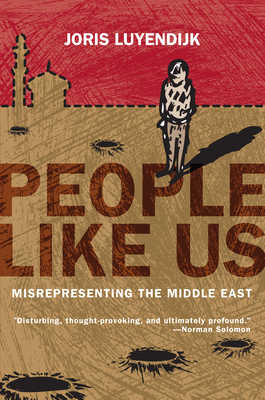The documentary The Dreams of Sparrows (2005), by Hayder Mousa Daffar, provides insight on what some Iraqi people believe and feel about the war, which they are experiencing and the occupation under which they live. I was rather surprised when some of the people that were interviewed in the film supported President Bush and his invasion. Some even said they loved him! Although, I figured that some people must be glad to have a change in regime, I did not think that anyone could love Bush the way that some people described in the documentary.
The documentary showed a real Iraq different from the way one might imagine through reading a story or seeing brief scenes, selected by news editors, on the screen.
I was also surprised when the Iraqis refer to the war as "Iraqi Freedom." I thought that was just a name used by U.S. Americans. Although, I didn't know the war was called that until last Summer - and I thought that I was rather well informed... At any rate, when I first heard that expression, I guess one could call it, I thought it was a bad joke. I find it awful that the people that are being bombed and humiliated daily by the American system and its military is referring to "their situation" (that sounds horrible too) as "freedom." By calling a war "freedom," the horrid pictures of war are neglected or their power are minimized. By referring to a war as "freedom," war is made acceptable. There is a big problem with that.
Something else I find interesting in relation to this film and the book I am reading about the Iraq/America war/occupation (I find this description more accurate), is that neither sources mention (so far anyway) the issue of "sectarian violence," a concept we in the United States hear about all the time. I wonder if the people in Iraq see the violence as specifically related to the sects or if this is a concept given to "the west" to make occupation seem more "acceptable?"
I think it would be useful to create a list of resources which include texts like this documentary and Baghdad Diaries to send to the current Administration. Maybe this will provide some insight to the leaders of today's world.
(The following clip is a brief section of The Dreams of Sparrows:)
15 years ago



